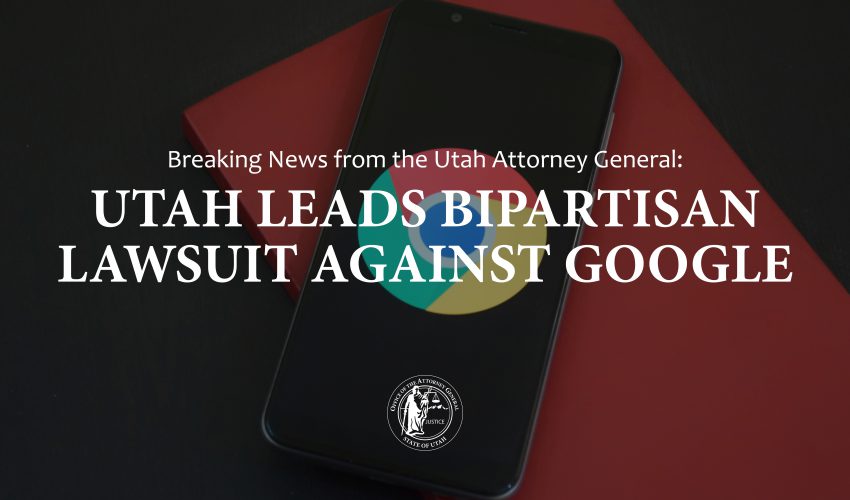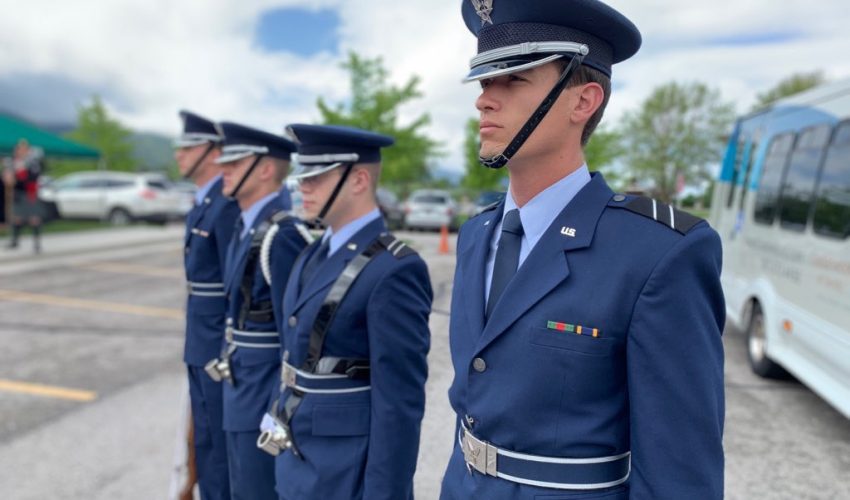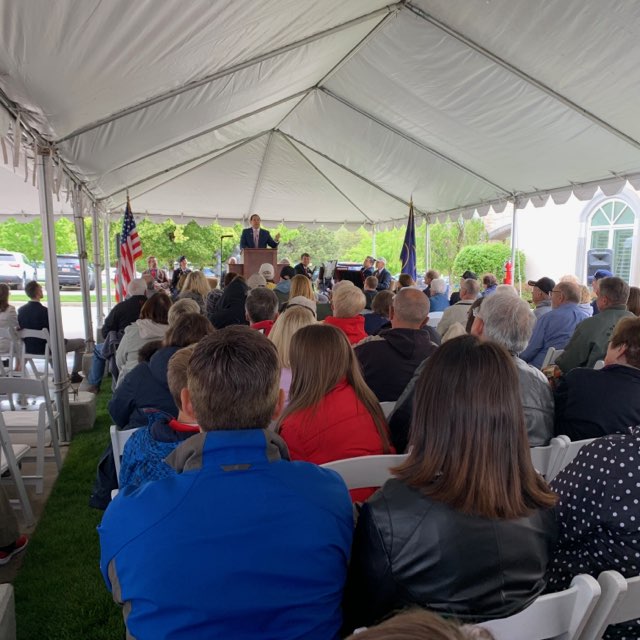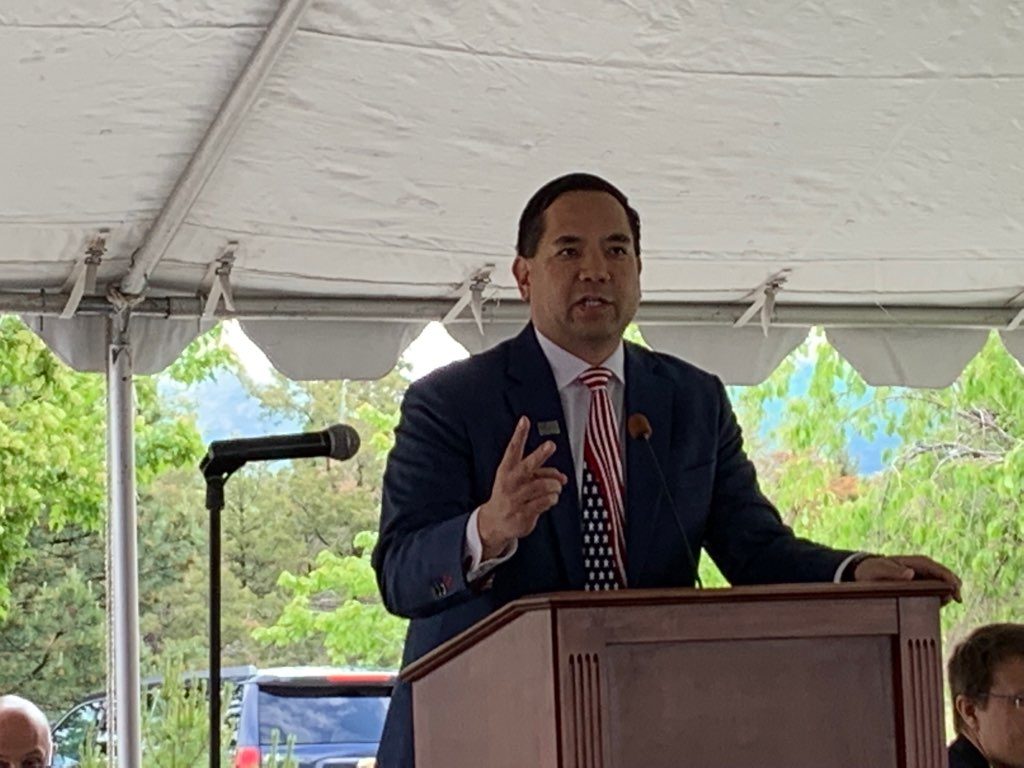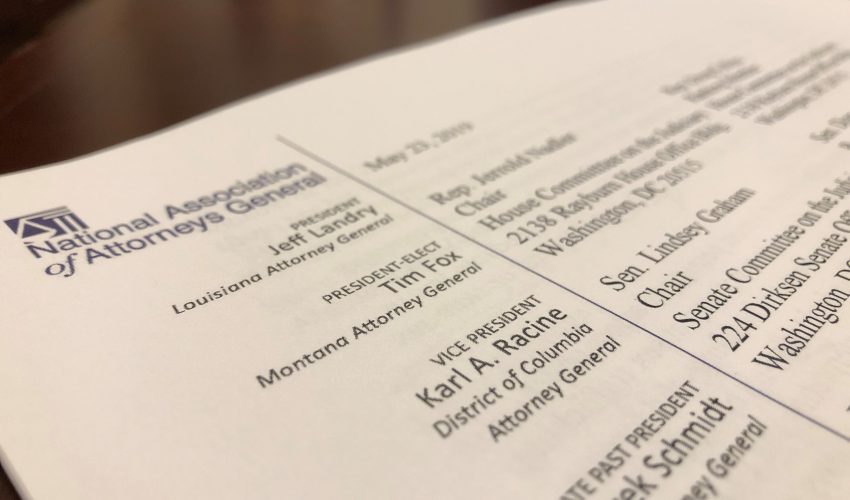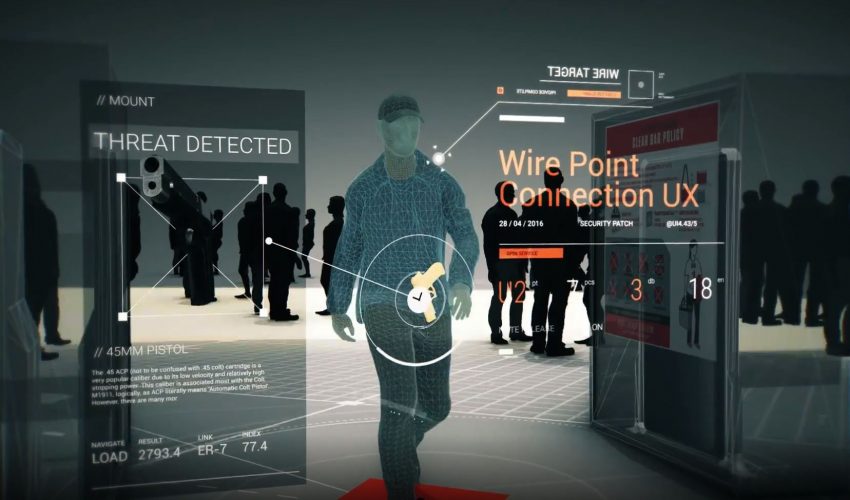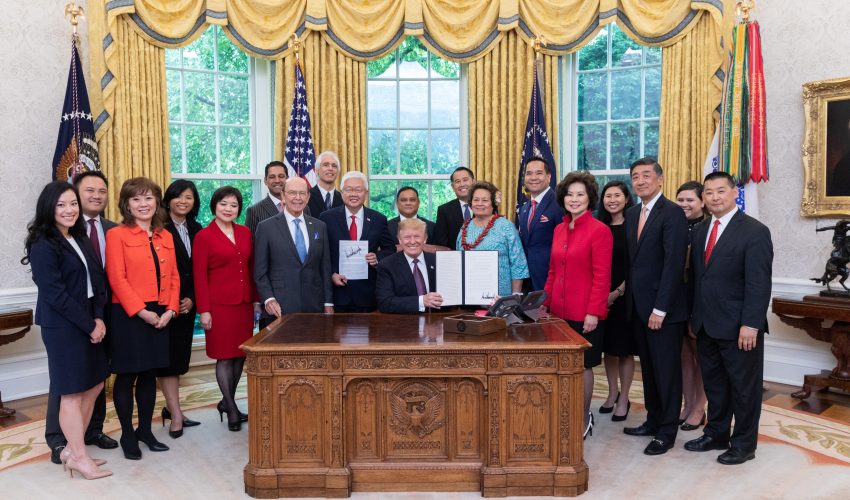Utah v. Google says Google Illegally Maintains an App Store Monopoly; Unfairly Edges Out Competition
SALT LAKE CITY – Today, Utah Attorney General Sean D. Reyes led a coalition of 37 attorneys general to file a lawsuit against Google in California. Utah v. Google alleges exclusionary conduct relating to the Google Play Store for Android. This antitrust lawsuit is the newest legal action against the tech giant, claiming illegal, anticompetitive, and/or unfair business practices. Reyes and the States accuse Google of using its dominance to unfairly restrict competition with Google Play Store, harming consumers by limiting choice and driving up app prices. In addition to Utah, the named party in the filing, the lawsuit is co-led by AGs in New York, Tennessee, and North Carolina.
“Google’s monopoly is a menace to the marketplace. Google Play is not fair play. Google must be held accountable for harming small businesses and consumers. It must stop using its monopolistic power and hyper-dominant market position to unlawfully leverage billions of added dollars from smaller companies, competitors and consumers beyond what should be paid,” said Utah Attorney General Reyes.
“Most consumers have no idea that for years Google has imposed unnecessary fees far beyond the market rates for in-app transactions, unlawfully inflating costs for many services, upgrades and other purchases made through apps downloaded on the Google Play Store. As a result, a typical American consumer may have paid hundreds if not thousands of dollars more than needed over many years,” Reyes added. “Utah and the other states in our coalition are fighting back to protect our citizens and innovative app developers—including many small businesses across America—from Google’s unlawful practices.”
According to the lawsuit, the heart of the case centers on Google’s exclusionary conduct, which substantially shuts out competing app distribution channels. Google also requires that app developers that offer their apps through the Google Play Store use Google Billing as a middleman. This arrangement, which ties a payment processing system to an app distribution channel forces app consumers to pay Google’s commission – up to 30% – on in-app purchases of digital content made by consumers through apps that are distributed via the Google Play Store. This commission is much higher than the commission that consumers would pay if they had the ability to choose one of Google’s competitors instead. The lawsuit alleges that Google works to discourage or prevent competition, violating federal and state antitrust laws. Google had earlier promised app developers and device manufacturers that it would keep Android “open source,” allowing developers to create compatible apps and distribute them without unnecessary restrictions. The lawsuit says Google did not keep that promise.
Google Closed the Android App Distribution Ecosystem to Competitors
When Google launched its Android OS, it originally marketed it as an “open source” platform. By promising to keep Android open, Google successfully enticed “OEMs”—mobile device manufacturers such as Samsung—and “MNOs”—mobile network operators such as Verizon—to adopt Android, and more importantly, to forgo competing with Google’s Play Store at that time. Once Google had obtained the “critical mass” of Android OS adoption, Google moved to close the Android OS ecosystem—and the relevant Android App Distribution Market—to any effective competition by, among other things, requiring OEMs and MNOs to enter into various contractual and other restraints. These contractual restraints disincentivize and restrict OEMs and MNOs from competing (or fostering competition) in the relevant market. The lawsuit alleges that Google’s conduct constitutes unlawful monopoly maintenance, among other claims.
In aid of Google’s efforts discussed above, the AGs allege that Google also engaged in the following conduct, all aimed at enhancing and protecting Google’s monopoly position over Android app distribution:
- Google imposes technical barriers that strongly discourage or effectively prevent third-party app developers from distributing apps outside of the Google Play Store. Google builds into Android a series of security warnings (regardless of actual security risk) and other barriers that discourage users from downloading apps from any source outside Google’s Play Store, effectively foreclosing app developers and app stores from direct distribution to consumers.
- Google has not allowed Android to be “open source” for many years, effectively cutting off potential competition. Google forces OEMs that whish to sell devices that run Android to enter into agreements called “Android Compatibility Commitments” or ACCs. Under these “take it or leave it” agreements, OEMs must promise not to create or implement any variants or versions of Android that deviate from the Google-certified version of Android.
- Google’s required contracts foreclose competition by forcing Google’s proprietary apps to be “pre-loaded” on essentially all devices designed to run on the Android OS, and requires that Google’s apps be given the most prominent placement on device home screens.
- Google “buys off” its potential competition in the market for app distribution. Google has successfully persuaded OEMs and MNOs not to compete with Google’s Play Store by entering into arrangements that reward OEMs and MNOs with a share of Google’s monopoly profits.
- Google forces app developers and app users alike to use Google’s payment processing service, Google Play Billing, to process payments for in-app purchases of content consumed within the app. Thus, Google is unlawfully tying the use of Google’s payment processor, which is a separate service within a separate market for payment processing within apps, to distribution through the Google Play Store. By forcing this tie, Google is able to extract an exorbitant processing fee as high as 30% for each transaction and which is more than ten times as high as the fee charged by Google’s competitors.
This effort is led by Utah Attorney General Sean D. Reyes, New York Attorney General Letitia James, North Carolina Attorney General Josh Stein and Tennessee Attorney General Herbert Slatery III. States joining the lawsuit include Alaska, Arkansas, Arizona, California, Colorado, Connecticut, Delaware, District of Columbia, Florida, Idaho, Indiana, Iowa, Kentucky, Maryland, Massachusetts, Minnesota, Mississippi, Missouri, Montana, Nebraska, Nevada, New Hampshire, New Jersey, New Mexico, New York, North Carolina, North Dakota, Oklahoma, Oregon, Rhode Island, South Dakota, Tennessee, Utah, Vermont, Virginia, Washington, and West Virginia.
Click here to see Frequently Asked Questions regarding the lawsuit.
